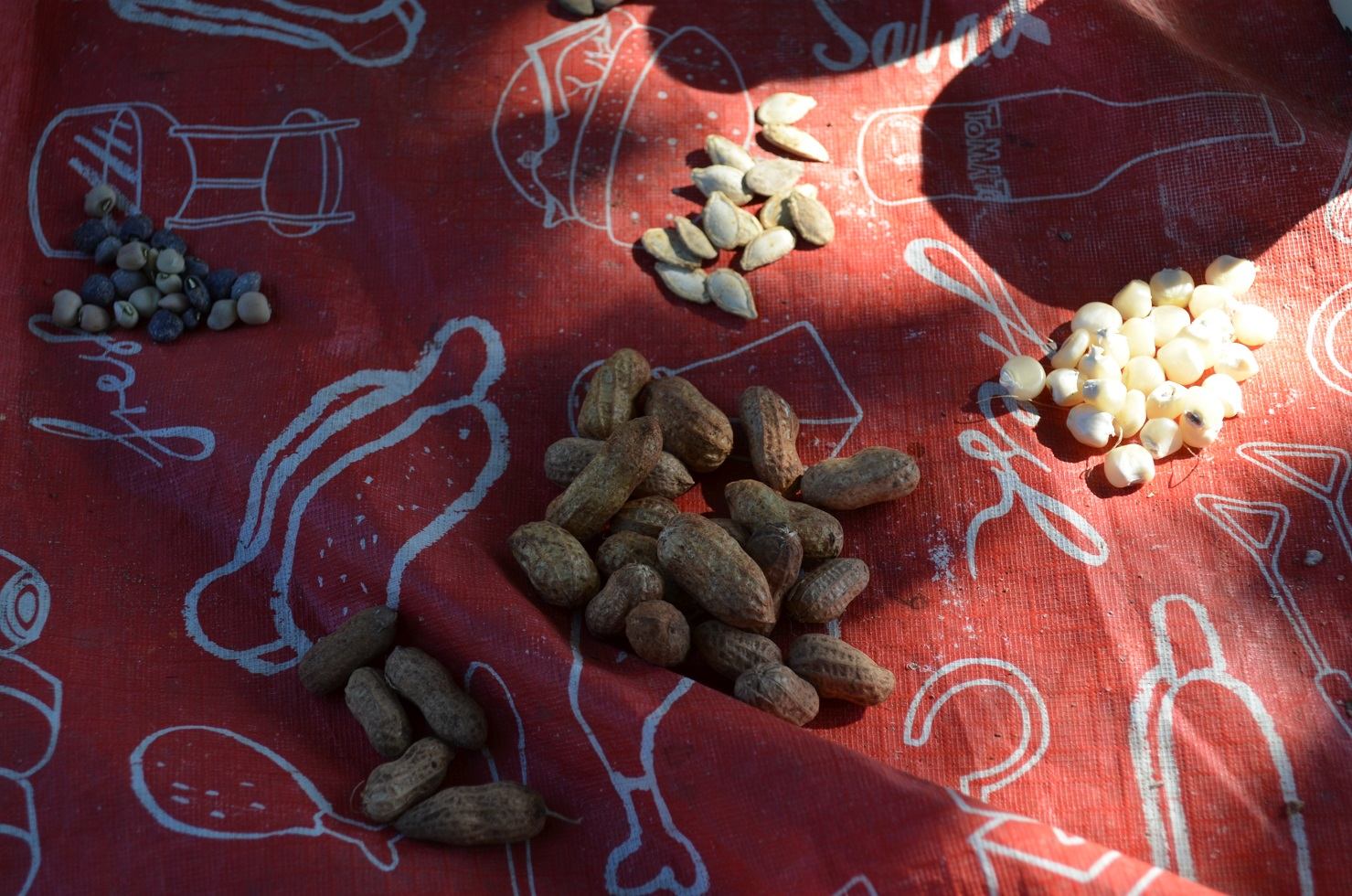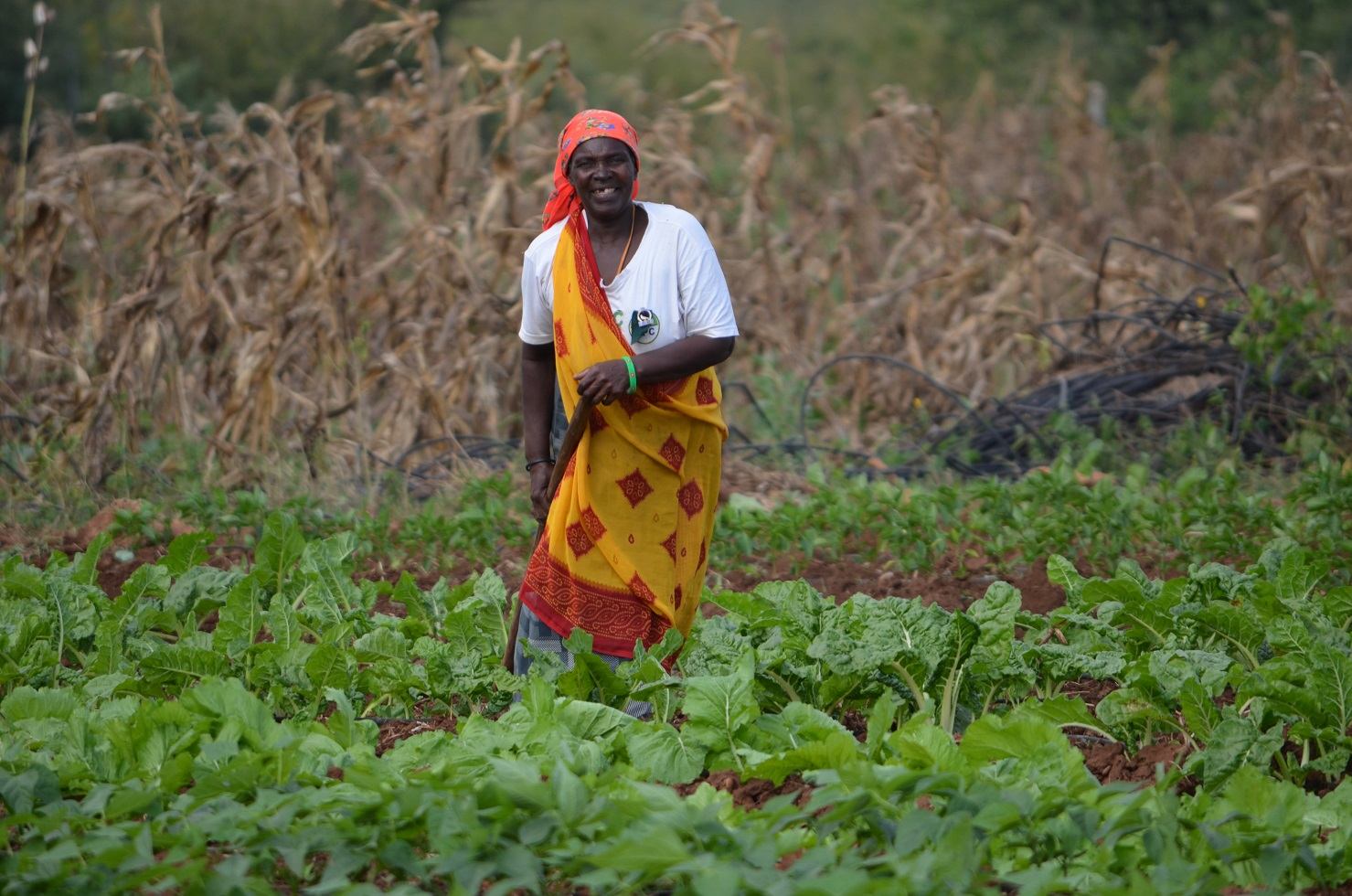A few years ago, climate scientists struck on the idea of explaining the impacts of climate change through food: show people how a warming planet, with its devastating droughts, floods, and other extreme events, will hit us at the kitchen table. The strategy grew out of a 2014 study by the International Panel on Climate Change (IPCC) that warned of sharp declines in food production as the effects of climate crisis deepen.
This month the IPCC released a more urgent report: keeping global temperature rise to a liveable minimum demands a transformation in the way we produce food. Food production and agricultural activities, including forestry and food waste, account for almost one-quarter of greenhouse gas production. Incorporating the whole food chain, including fertilizer production, transport, and food processing, takes that contribution to nearly 30% of greenhouse gases. Half of methane emissions (one of the most harmful greenhouse gases) come from cattle and rice fields. Soil degradation and erosion, resulting in part from the destructive soil practices of industrial agriculture, threaten our future in profound and unacknowledged ways. Healthy, properly managed soils, meanwhile, can be a vital carbon sink.
The new IPCC report explains that land must be managed more sustainably if we are to make meaningful reductions in carbon emissions. Focusing on transportation, industry, and energy is not enough – we must address agriculture. Sustainable land management means reforestation, rewilding (including, e.g., restoration of peat lands - which, like healthy soils, absorb and store greenhouse gases) and major reductions in land use for food animals and the grains that feed them.
Which brings us back to the kitchen table:

Avoiding – or at least reducing – meat and dairy consumption is one of the most effective ways to reduce our personal carbon footprint. Eating beef twice a week (calculated as two fast-food patties, 75 g each: i.e., not much!) results in 600 kg of greenhouse gas emissions across a year. This is equivalent to driving a gas-fuelled car 2500 km. Producing those humble patties consumes 1700 m2 of land. Beef produces about six times the carbon emissions of chicken, and 150 times the emissions of beans. The newly-public ‘Beyond Meat’ burger is looking better all the time. For a succulent homemade veggie burger, try this black bean burger or one of these.
The women at Hleketani Community Garden, like most people in the Global South who eat little meat, have been eating a relatively low-carbon diet all their lives. Their plates are piled high with maize meal porridge, leafy greens, and other vegetables. Peanuts have been a key protein source for generations, and feature in this tasty staple dish from Tsonga kitchens. Happy meatless eating.

Spicy Spinach from Hleketani Garden (from Recipes from The Thinking Garden; order at jopifarm@gmail.com)
Saute a diced onion in oil.
Add and saute a crushed clove of garlic.
Stir in two bunches (450 g) of giant spinach or Swiss chard,
A squeeze of lemon juice,
½ c vegetable stock or water,
1 t (to taste) of South African Peri Peri Sauce or other sambal or chili sauce.
Stir.
In a separate bowl mix 2 T peanut butter with ¼ c stock. Stir to a liquid consistency, then stir into spinach mixture. Heat through and serve.
*In N’wamitwa, freshly ground peanuts are used. The dish is served with vuswa, maize meal porridge. It's tasty with brown rice or any grain.


